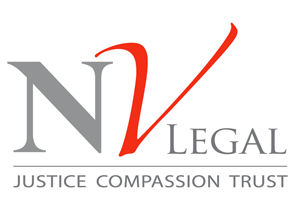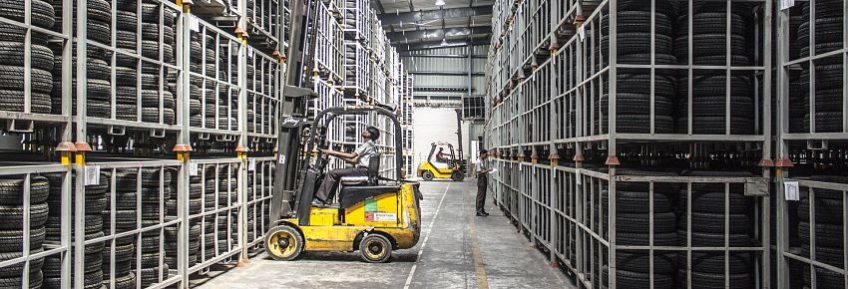Involved in a factory accident?
The chances of having an accident at work can be greater depending on your place of work.
Working in a factory inherently poses more risks than those employed in office-based roles. Large machinery, fork-lift trucks, hazardous materials and long shift patterns can all create additional risk and increase the chances of sustaining an injury.
Risk management and health and safety procedures should be enforced within factory environments and your employers have a duty to ensure you have a safe workplace and a safe system of work.
This includes providing appropriate clothing, training and tools for the job as well as ensuring there are no risks from falls from height, fire, poisonous chemicals and many other factory-related dangers.
All employers should hold an Employer’s Liability insurance policy. This type of insurance policy will cover the company in the event of an employee injuring themselves at work also covering any compensation they may claim.
In 2018/19, 581,000 workers sustained a non-fatal injury at work according to reports from the Labour Force Survey. Slips, trips and falls accounted for 29% of injuries, handling, lifting or carrying 20%, struck by a moving object 10% and falls from height 8%.
What to do if involved in an accident at work
Following the correct procedures can be difficult under stressful conditions. If you have been seriously injured, abiding by the relevant protocol will be the last thing on your mind but remembering to follow these guidelines could help secure the compensation you deserve to regain a standard of living you have been accustomed to.
Report the injury
Immediately after the accident, notify your line manager or the person you report to. They can arrange transport to a hospital if needed and arrange for a colleague to come with you. Ask a trusted colleague to help as they can follow the correct procedures if you are unable to.
Compile evidence
If possible, take photos or video of the area in which the accident happened and also any injuries. This can be valuable and can be used as evidence if making a personal injury claim.
Accident book
If your employer has more than 10 employees, it is required by law to provide an accident book. Make sure all details are recorded in this. If someone else completes this for your, make sure you read it and check that it is accurate. Even in smaller companies it’s worth asking if there is an accident book as they may have one. If there isn’t one available record what happened in writing and email it afterwards to your line manager. Make sure you keep a copy yourself.
Visit your GP / hospital
Depending on the severity of the injury, go to A & E, a walk-in centre or make an appointment to see your GP. Make sure you explain the accident circumstances so as they are accurate and consistent. Medical practitioners are primarily concerned with your injury and treatment but it is important that you provide them with all of the relevant information as if you pursue a claim this will form part of your medical evidence.
Follow up
Keep a diary of any symptoms or pain experienced as a result of the accident along with a diary of any expenses or financial loss which are incurred as a direct result of your injury. Having time off work or attending hospital appointments can be costly and if you are entitled to compensation these costs can often be reimbursed.
Sick pay
Check with your employer as you may be entitled to sick pay through a company scheme. If not you may be entitled to Statutory Sick Pay (SSP), while taking time off to recover from your injuries.
Compensation
If you would like to pursue compensation for personal injury, it is important to use a solicitor which is regulated by the Solicitors Regulation Authority (SRA). Ask whether the person is a solicitor as some law firms use legal assistants or paralegals to work on your case. These are not qualified solicitors. To find out if someone is a solicitor you can search for them on The Law Society’s Find a Solicitor database.


